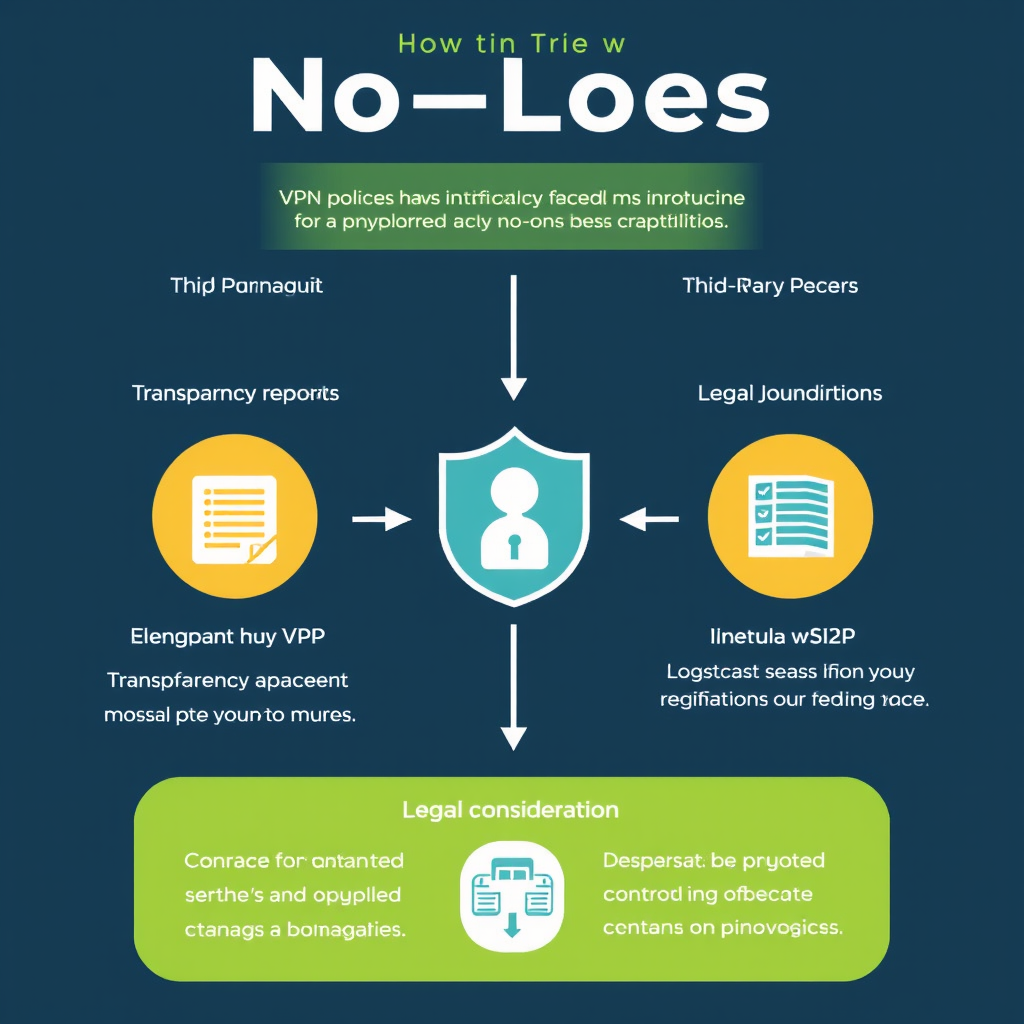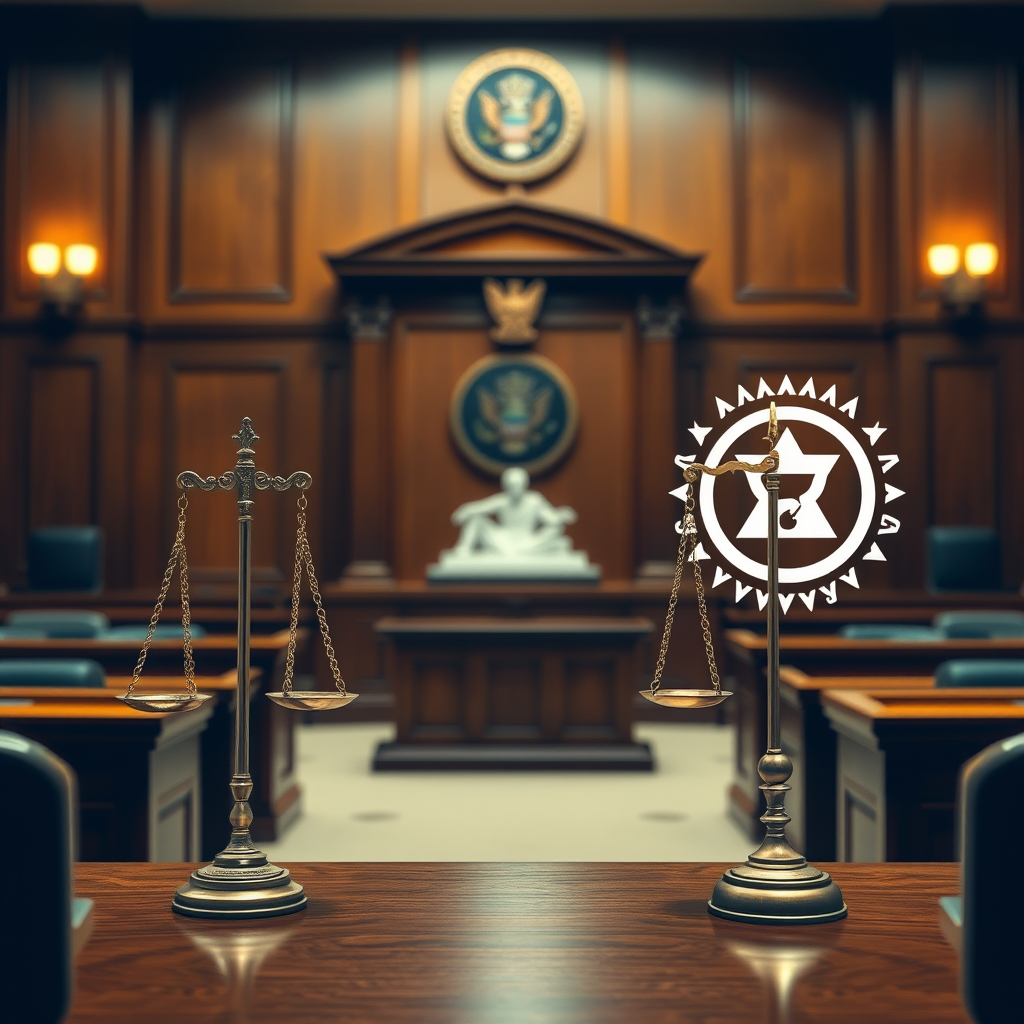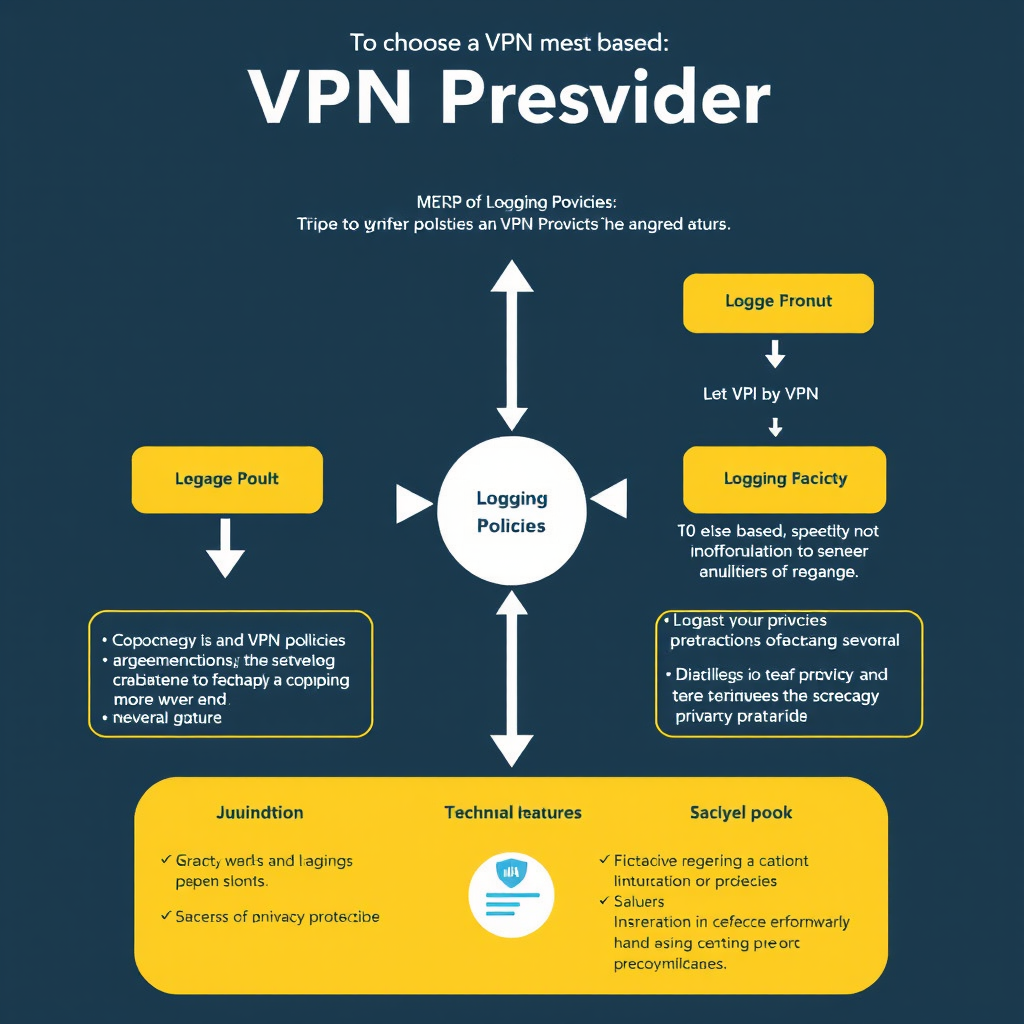VPN Logging Policies Decoded: What No-Logs Really Means for Your Privacy

When choosing a VPN service, understanding logging policies is crucial for protecting your digital privacy. The term "no-logs" gets thrown around frequently in VPN marketing, but what does it actually mean, and how can you verify these claims?
Understanding VPN Logging Policies
VPN logging policies determine what information your VPN provider collects, stores, and potentially shares about your online activities. These policies can range from comprehensive data collection to truly zero-log approaches that prioritize user privacy.
Types of Data VPNs May Log:
- Connection logs: Timestamps, IP addresses, bandwidth usage
- Activity logs: Websites visited, files downloaded, online behavior
- Metadata: Session duration, server locations, device information
- Personal information: Email addresses, payment details, account data
What True No-Logs Means
A genuine no-logs VPN policy means the provider doesn't collect, store, or monitor any data that could identify you or your online activities. This includes your real IP address, browsing history, connection timestamps, or bandwidth usage patterns.

However, even no-logs providers may collect minimal operational data necessary for service functionality, such as server load balancing information that's immediately discarded after use.
Verifying No-Logs Claims Through Audits
The best VPN providers undergo independent security audits to verify their no-logs claims. These third-party assessments examine server configurations, data handling procedures, and technical infrastructure to confirm privacy promises.
Reputable Audit Firms
- PwC (PricewaterhouseCoopers)
- Deloitte
- Cure53
- VerSprite
What Audits Examine
- Server infrastructure
- Data storage systems
- Privacy policy implementation
- Technical security measures
Jurisdiction and Legal Considerations
The legal jurisdiction where a VPN operates significantly impacts its ability to maintain no-logs policies. Countries with strong privacy laws and no mandatory data retention requirements provide better protection for VPN users.
Privacy-Friendly Jurisdictions:
- Switzerland
- Panama
- British Virgin Islands
- Romania
- Iceland
- Netherlands
Avoid VPN providers based in countries with extensive surveillance programs or mandatory data retention laws, as these legal requirements can compromise even well-intentioned no-logs policies.
Real-World Cases and Court Tests
Several VPN providers have faced legal challenges that tested their no-logs claims in real-world scenarios. These cases provide valuable insights into which providers truly protect user privacy when pressured by authorities.

Notable cases include ExpressVPN's server seizure in Turkey and Private Internet Access's court testimony in the United States, both of which demonstrated their commitment to user privacy by having no logs to provide to authorities.
Red Flags in VPN Logging Policies
When evaluating VPN reviews and choosing a provider, watch for these warning signs that may indicate questionable logging practices:
Policy Red Flags
- Vague or ambiguous language
- No independent audits
- Based in surveillance-heavy countries
- VPN services
Trustworthy Signs
- Clear, detailed privacy policies
- Regular third-party audits
- Privacy-friendly jurisdiction
- Transparent business model
Technical Implementation of No-Logs
Understanding how VPN providers technically implement no-logs policies helps you evaluate their credibility. The best VPN services use RAM-only servers, automated systems, and encryption methods that make data logging technically impossible.
Technical No-Logs Features:
- RAM-only servers: Data is wiped on every reboot
- Diskless infrastructure: No permanent storage capability
- Perfect Forward Secrecy: Session keys are regularly rotated
- Automated systems: Minimal human access to user data
Making Informed VPN Choices
When selecting a VPN based on logging policies, prioritize providers with proven track records, independent audits, and transparent operations. Remember that the cheapest option isn't always the best VPN for privacy protection.
Research each provider's history, read recent audit reports, and consider their jurisdiction carefully. Your digital privacy depends on choosing a VPN that not only claims to protect your data but has the technical infrastructure and legal framework to actually do so.

Conclusion
Understanding VPN logging policies is essential for protecting your online privacy. True no-logs policies, verified through independent audits and proven in real-world scenarios, provide the foundation for secure internet browsing.
By carefully evaluating logging policies, jurisdictions, and technical implementations, you can choose a VPN service that genuinely protects your digital privacy rather than just claiming to do so. Remember, your online security is only as strong as your VPN provider's commitment to privacy.